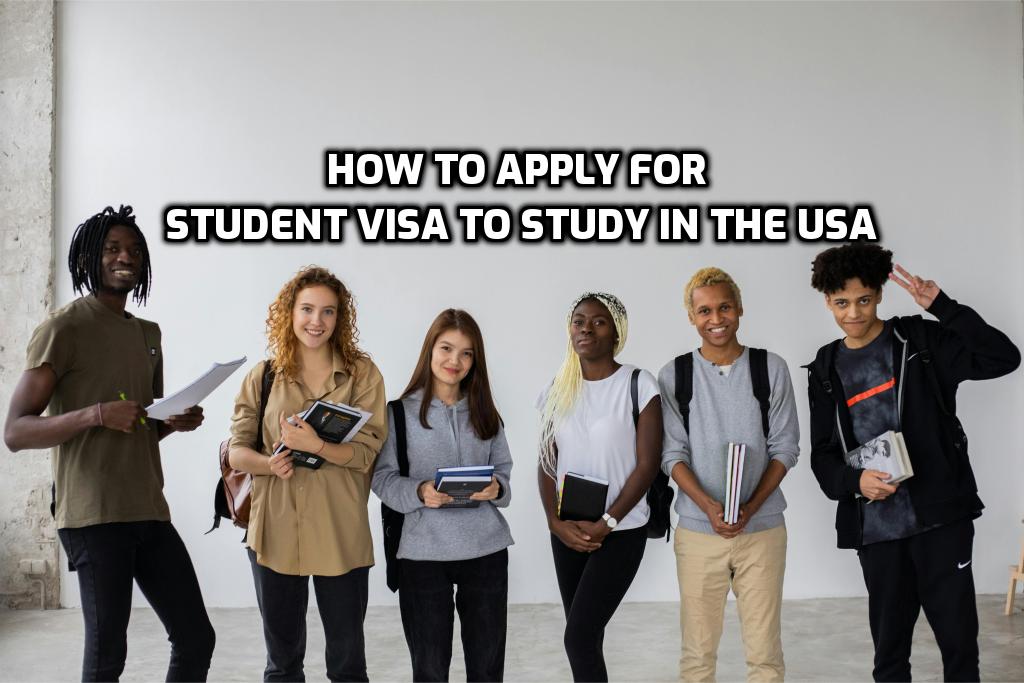Studying in Canada is a dream for many South African students. With globally recognized universities, affordable tuition compared to other Western countries, and a welcoming environment, Canada has become a top destination for international students.
Study in Canada from South Africa
This guide breaks down the steps, costs, visa process, and everything else you need to know to start your educational journey in Canada.
Why Choose Canada for Your Studies?
Canada offers a blend of academic excellence and quality of life. Canadian degrees are respected worldwide, and students benefit from strong research programs, modern campuses, and diverse communities. Most institutions also offer support services specifically for international students, which can help you settle in smoothly.
Many South African students choose Canada because:
- Tuition is more affordable than in the USA or UK.
- You can work while studying (up to 20 hours per week).
- You can apply for a post-graduation work permit after completing your studies.
- Canada has a pathway to permanent residence after graduation.
Step-by-Step Guide to Studying in Canada
1. Choose a Designated Learning Institution (DLI)
You must apply to a school approved by the Canadian government to host international students. These are known as Designated Learning Institutions (DLIs). The complete list is available on the official Canadian immigration website.
Popular universities among South African students include:
- University of Toronto
- University of British Columbia
- McGill University
- University of Alberta
- York University
Consider programs in business, engineering, IT, health sciences, and social sciences — all of which are popular with international students.
2. Prepare for Language Requirements
If English isn’t your first language, most Canadian schools will require proof of English proficiency. You’ll typically need to take one of the following tests:
- IELTS Academic (usually 6.5+ overall)
- TOEFL (minimum score varies by institution)
- PTE Academic (less common, but accepted by some schools)
Start preparing early and schedule your test well in advance.
3. Apply to Your Chosen School
Most universities have intakes in September (Fall) and January (Winter). Application deadlines vary but often close 6 to 8 months before the program starts.
You’ll need:
- Your academic transcripts
- Letters of recommendation
- A statement of purpose or motivation letter
- Your passport
- Proof of language proficiency
- Application fees (typically CAD $100–$150)
Submit your application directly through the university website or via a central portal if applicable.
4. Receive a Letter of Acceptance
If your application is successful, you’ll receive a Letter of Acceptance (LOA) from the school. This letter is required for your student visa (study permit) application.
5. Apply for a Canadian Study Permit
A Canadian study permit is your student visa. You must apply online through the IRCC (Immigration, Refugees and Citizenship Canada) portal. Required documents include:
- Letter of Acceptance from a DLI
- Proof of funds (minimum CAD $20,635 per year outside Quebec for a single student)
- Valid passport
- Passport-sized photos
- Police clearance certificate
- Medical exam (required for stays longer than 6 months)
- Statement of purpose
You may also be asked to attend a visa interview at your nearest Visa Application Centre (VAC).
6. Show Proof of Funds
You must prove you can pay for your tuition and living expenses. This can include:
- Bank statements
- Financial support letters from parents or sponsors
- Scholarships or bursary letters
- Proof of student loans (if applicable)
7. Travel and Settle in Canada
Once your permit is approved, you can travel to Canada. Make sure to bring:
- Your Letter of Introduction
- Visa approval letter
- Passport and visa
- School acceptance letter
- Financial documents
You’ll need to show these at the Canadian port of entry.
Tuition and Cost of Living in Canada
- Tuition fees: CAD $15,000–$30,000 per year depending on the course and institution
- Accommodation: CAD $500–$1,200/month
- Other expenses (food, transport, insurance): CAD $500–$800/month
Can You Work While Studying?
Yes. With a valid study permit, you can work part-time (up to 20 hours per week) during academic sessions and full-time during scheduled breaks like summer or winter holidays.
Can You Stay After Graduation?
Yes. Canada’s Post-Graduation Work Permit Program (PGWPP) allows you to work in Canada for up to 3 years after graduation. This work experience can count toward your permanent residence through programs like the Canadian Experience Class (Express Entry).




